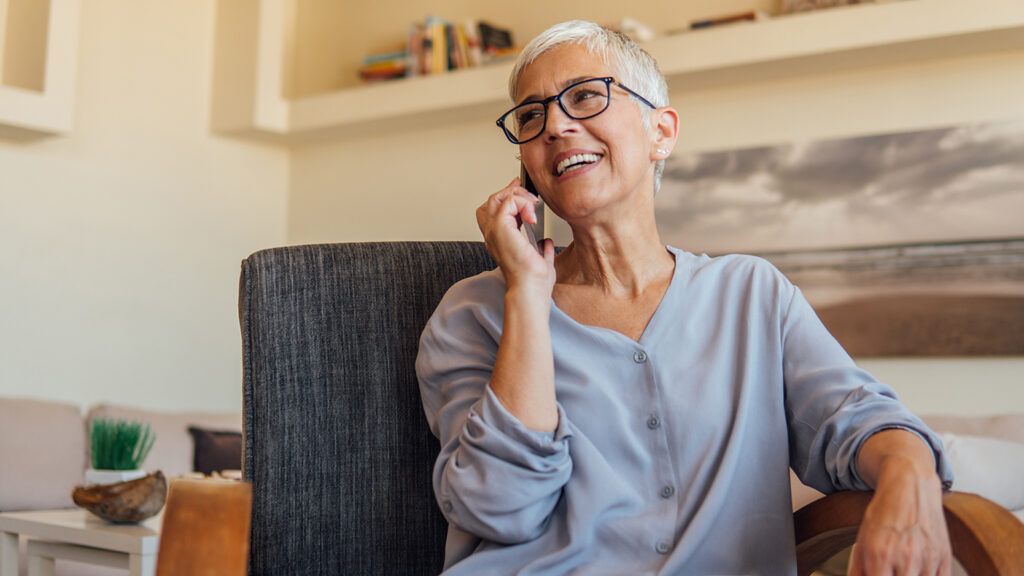Family caregiver Stephanie Thompson’s situation is not unusual. According to a Home Instead, Inc., survey, 23 percent of American adults live more than an hour away from an aging relative they care for, and nearly 50 percent of these long-distance caregivers spend one full workday per week managing their loved one’s care. Here are some ways to make long-distance caregiving easier:
Keep vital information on your senior in one place. This could be a notebook or binder (make copies for other caregivers) or a shared, secure online document. Divide into sections for health care, social services, legal and financial issues, and contact numbers/e-mails. The first few pages should have Social Security number, date of birth, health insurance and Medicare/Medicaid numbers. Under health care, list medical conditions, medications, treatment plans, doctors. Social services might include meal delivery, transportation or day programs. Deeds, wills, power of attorney and health-care proxies go under legal and financial. Make sure at least one family member has written permission to receive medical and financial information.
Support the primary caregiver. That’s often the spouse or the family member who lives closest. Ask what you can do to help. Can you provide respite care and give them time off? Schedule appointments and clarify insurance benefits? Handle things online, such as managing bills and ordering supplies? Talk to the care recipient regularly?
Stay in touch with the rest of the care team. Hold conference calls with doctors and assisted living or nursing home staff. Go along to medical appointments when you’re in town. A group chat or e-mail can keep family and friends updated.
Get to know the people around your loved one. Their neighbors, friends and worship community members can be your eyes and ears. Don’t forget the mail carrier—if they see the mail hasn’t been brought in, they can alert you.
Check local listings. What elder care services are available where your family member lives? Look services up online, or ask the local senior center. You can also find out about community resources by visiting eldercare.acl.gov or calling (800) 677-1116. If you’re considering professional in-home care to lighten the load for family caregivers, call (866) 996-1085 or go to homeinstead.com/guideposts for a free consultation.
For more tools and resources on family caregiving, visit caregiverstress.com.
For more inspiring stories, subscribe to Guideposts magazine.





